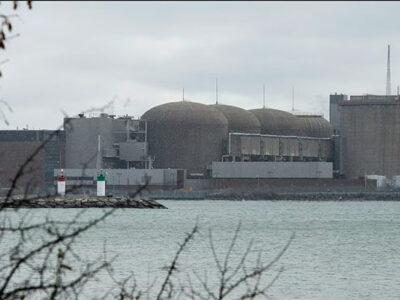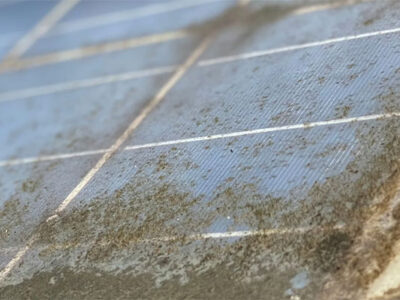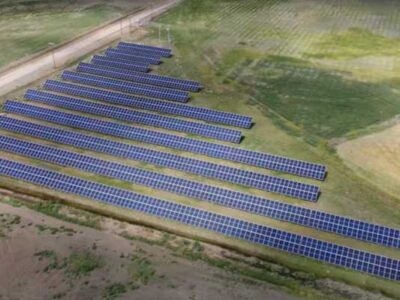YAHOO NEWS: Why is a Japanese tech company turning golf courses into solar energy farms?
The Kyocera Corporation recently announced it would be turning a Kyoto golf course into a solar power plant.
Picture a golf course: an oasis of green grass, people wearing every color of collared shirt imaginable, and maybe even a pond or two if you’re lucky. But these notoriously exclusive sports destinations may be getting a makeover, multinational company Kyocera announced recently.
Japan is known for its expensive, upper-crust golf clubs, CNN reported. But according to a 2014 report by the Economist, golf participation is down more than 40 percent from its high in the early 1990s. Now, the country is facing a severe over-development of golf courses. One solution: turning them into solar power plants.
THE TELEGRAPH: Budget blow to investors in solar power
Change to rules on the climate change levy highlight risk of investing in areas at the whim of politicians.
Savers attracted to Britain’s nascent solar fund industry for a return on their cash have been put on alert after changes in the Budget forced firms to trim expectations for future earnings.
Investors have typically put money in the sector either by buying shares in specialist investment trusts or by lending money to renewables firms via “retail bonds”.
Several investment trusts have been established to invest in portfolios of renewables projects. The demand from savers, starved of returns on cash, means the shares of these trusts generally trade at a premium to their net asset values.
CNN: Super-charge the solar power boom
There’s a solar power boom in America.
But so far, not enough Americans are seeing the benefits of clean energy. Fortunately, the Obama administration is doing something about it. The solar industry and other government leaders have joined in, but they need to step up even more. And the big polluters should stand down. The good news is that — thanks to plummeting costs — more and more people across the country are putting solar panels on their homes. By producing their own clean power, they are both fighting pollution and saving money.
Additionally, the solar industry is driving enormous job growth, boosting the overall economy. In the last year, jobs in the solar industry grew 10 times faster than jobs in the rest of the economy. So far, so good.
NEWSWEEK: Two Numbers: Solar Energy’s Price Drop, Ahead of Schedule, Could Help Save the Planet
Earlier this month, the White House announced the launch of a series of measures intended to make solar power more accessible to low- and middle-income households. Brian Deese, senior adviser to President Barack Obama on climate, said the administration aims to “deploy low-cost solar energy in every community in the country.”
Ten or 15 years ago, that would have been unthinkable, because solar was too expensive. But the price in the U.S. has dropped precipitously in recent years. According to the National Renewable Energy Laboratory of the U.S. Department of Energy, the cost of installing solar panels on the average home has plummeted 70 percent since 1998, from nearly $86,000 for a 5-kilowatt installation (the average residential solar array) to just $26,000 in 2014.














Comments